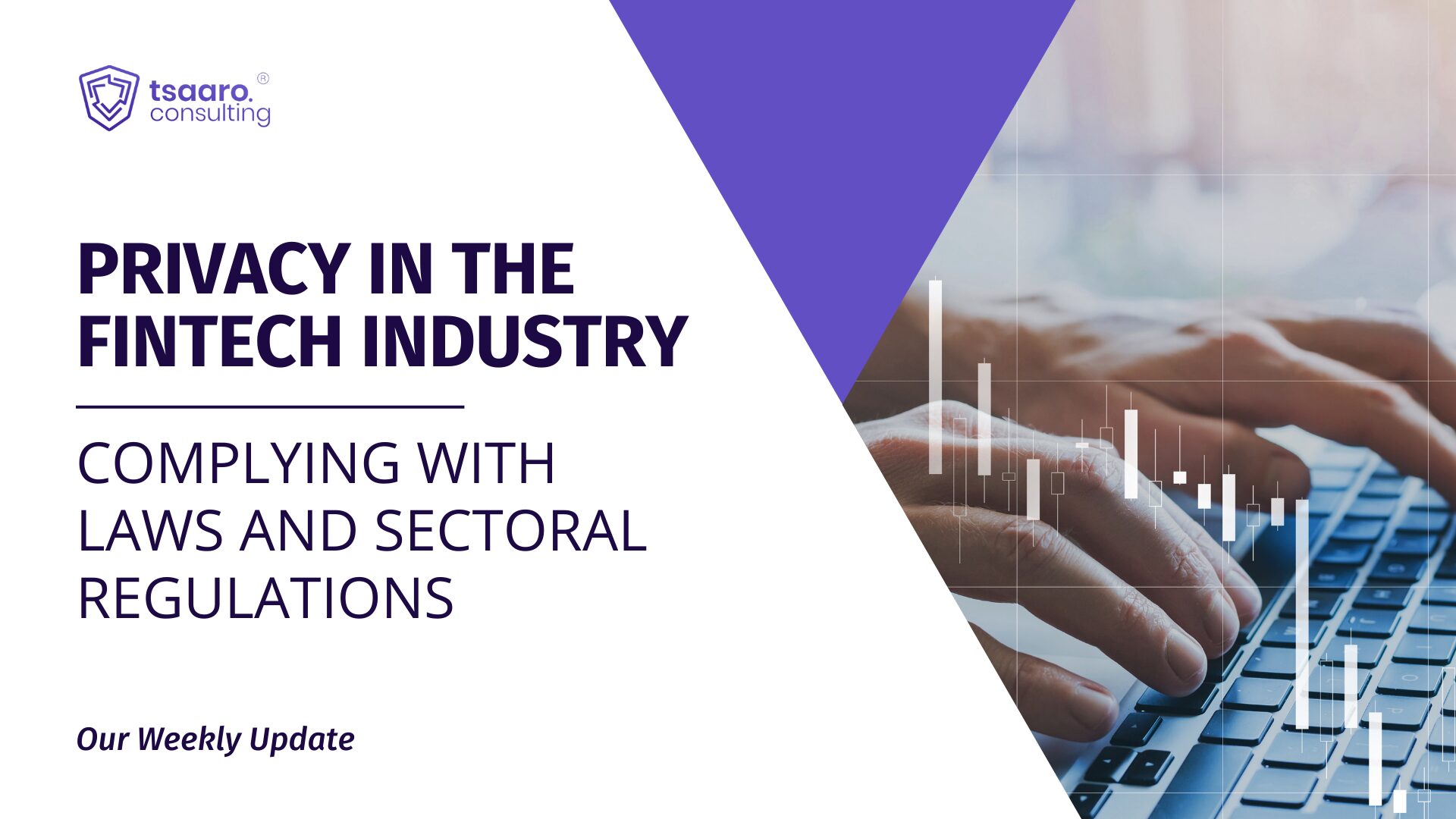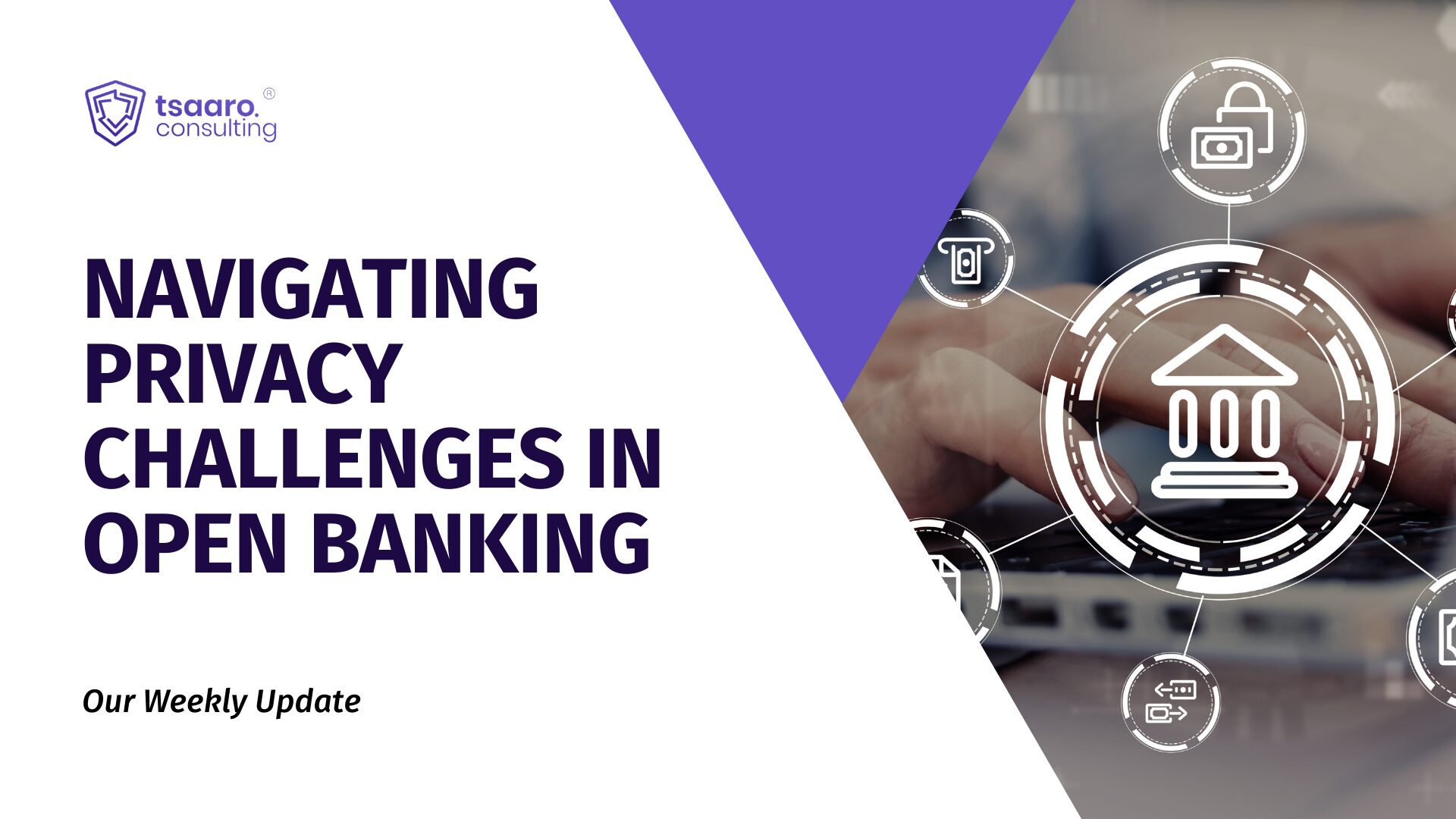When the GDPR ( General Data Protection Regulation) came into effect in May 2018, there was a wave of conjecture, speculation, and debate about how the new data protection regulations could affect contacting clients and prospective business clients. The goal of GDPR is to protect personal data and information and to make sure that the data holders are handling the data with the optimum level of data privacy.
The law does permit firms to make cold calls, but it makes sure that this is conducted responsibly, only in cases of “Legitimate Interest,” and that the interests, rights, and privileges of the individuals are respected. This entails validating the advantage that collecting the data will provide to your company. This might have advantages for the business, like processing your paycheck, or advantages for society at large, like generating jobs.
This refers to taking into account the right of the person not to have their privacy violated by unwanted calls during cold calling. The GDPR legislation (and Ofcom’s recommendations) mandate that you use caution to avoid upsetting people when using or misusing their personal data, but they also take into consideration the possible severity of upsetting people and what a consumer may properly anticipate.
Therefore, you must take into account the potential amount of discomfort your call may cause the receiver while utilizing legitimate interests as the foundation for your sales calls operation to advertise your goods and services.
Although processing personal information based on legitimate interest is a flexible option, it is not a convenient, all-purpose fix. Trustworthy companies may remain to appropriately sell their goods and services on a strong legal foundation. To balance company objectives and individual freedoms, a few straightforward measures must be performed, but they don’t have to be difficult to complete considering the resources at hand.
How well does B2B telemarketing fare in light of GDPR?
You must be able to utilize one of the following methods in order to lawfully gather, store, and use customer information:
- Consent
- Contractual necessity
- Compliance with legal obligations
- Vital interests
- Public interests
- Legitimate interests
In terms of prospective marketing, GDPR permits telemarketing whenever there is explicit consent or if it is thought that the prospect has a genuine interest in the goods or services that the firm is selling. However, this does not mean that the firm may do anything it chooses.
You must establish a valid purpose for collecting the information, demonstrate that it is required to accomplish that purpose, and demonstrate that you have weighed that purpose with the interests, rights, and freedoms that the subject enjoys.
The strategic rights might include business interests, personal interests, or larger social advantages. They can also be your own preferences or the interests of a third – party.
A Legitimate Interests Assessment (LIA) must always be finished if you choose to rely on legitimate interests as a legal foundation. In essence, an LIA is a hazard identification that makes sure you went through a thorough judgment call process and weighed the interest of the companies with the people’s data stored.
The sixth clause in Article 6 of the GDPR defines ‘Legitimate interests as follows:
(f) Legitimate interests: the processing is necessary for your legitimate interests or the legitimate interests of a third party unless there is a good reason to protect the individual’s personal data which overrides those legitimate interests. (This cannot apply if you are a public authority processing data to perform your official tasks.)
The Data protection act does permit you to process your data through the use of third-party businesses, such as a telemarketer firm. It is your duty as the data controller to select a collaborator who can provide proof of compliance and who has the necessary security measures in place to safeguard your information.
Additionally, your processor(s) may help you make sure that your protection duties are being met. Hiring a process, for instance, can help you ensure that personal data is processed securely if you are lacking the manpower or technological know-how to adopt specific steps.
The Data protection act does permit you to process your data through the use of third-party businesses, such as a telemarketer firm. It is your duty as the data controller to select a collaborator who can provide proof of compliance and who has the necessary security measures in place to safeguard your information.
Additionally, your processor(s) may help you make sure that your protection duties are being met. Hiring a process, for instance, can help you ensure that personal data is processed securely if you are lacking the manpower or technological know-how to adopt specific steps.
Despite the fact that GDPR requirements require you to properly assess and record the effect of your advertising activities or cold-calling campaign, most of this is actually just great exercise. Regardless of GDPR, any ethical business would avoid upsetting potential customers, and any respectable telemarketing organization would have procedures in place to prevent a bad caller experience.
In conclusion, it goes without saying that you must abide by the rules and make sure you are entirely compliant. However, the GDPR doesn’t really stop you from engaging in telemarketing operations, whether you do it internally with staff or externally with a contractor. Provided that you comply with the standards put up above.
We at Tsaaro are conscious of the compliance, unavoidable risk of exploitation and misuse of operational, confidential data that comes along with such involvement and the importance of working with compliance for a firm to run properly. Get in touch with us at info@tsaaro.com If you want to run an audit of your consent practices, check out our Regulatory Compliance Service, and Schedule a call with our experts by clicking here. Take the first step towards a secure your organization’s data by scheduling a call with our privacy expert team at Tsaaro Solutions today.












Excellent content! The way you explained the topic is impressive. For a deeper dive, check out this resource: EXPLORE FURTHER. What do you all think?